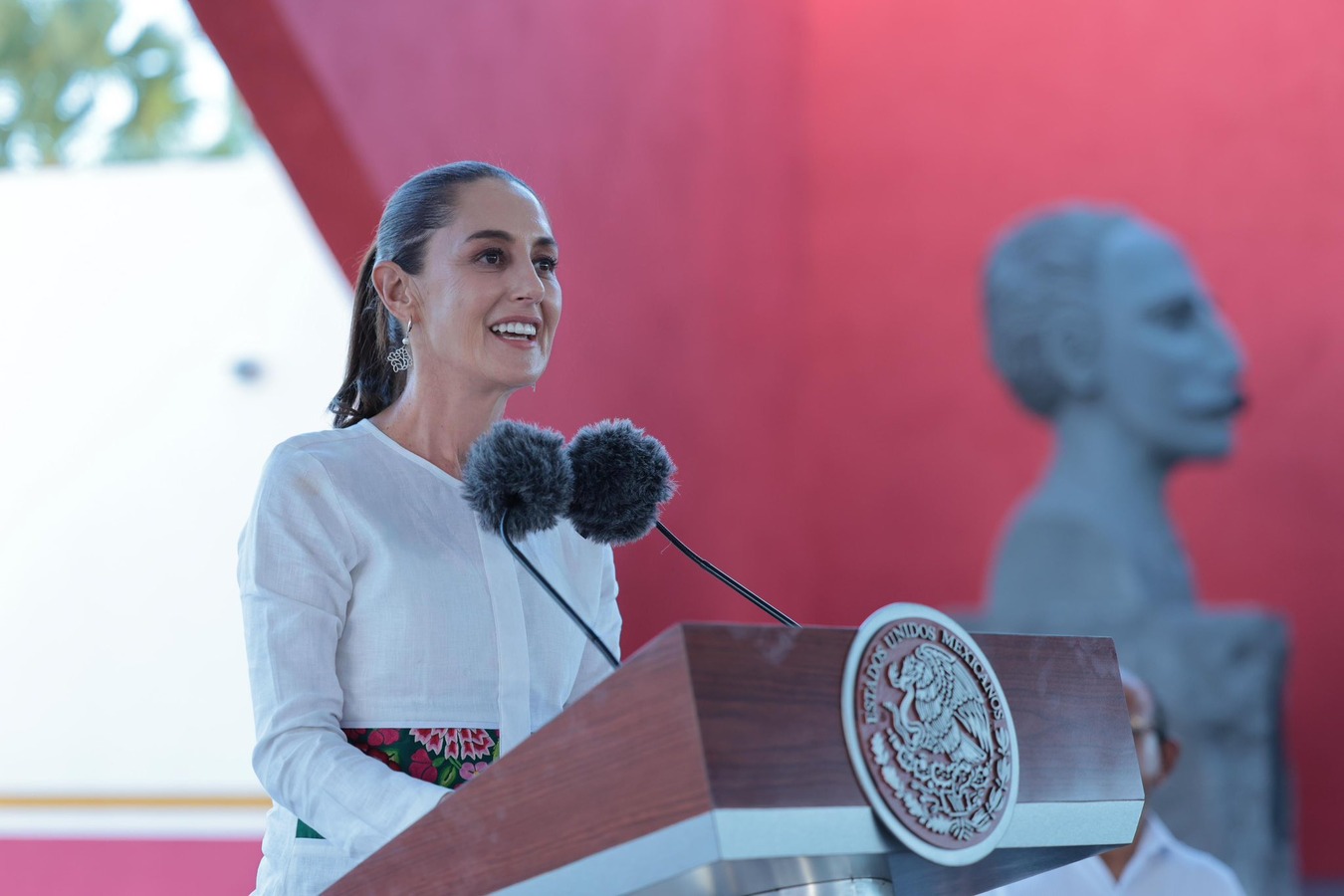Political Representation, Policy and Inclusion
Political Representation, Policy and Inclusion
Do more indigenous and Afro-descendant representatives in national congresses make a difference?
Social inclusion is a buzzword for politicians these days. Whether deployed as part of a campaign platform (as Ollanta Humala did in Peru last year) or used as a catch phrase to describe the root of malaise (as Barack Obama has done in the United States), the idea of promoting inclusion of disenfranchised groups has entered the public discourse, and, in many cases, become a goal in itself.
Yet social inclusion, defined as equality of opportunity for all groups (across socioeconomic, racial, gender, and sexual orientation lines) to participate in the economy and society, requires political inclusion to be comprehensive and sustainable. For example, the civil rights of racial, ethnic and sexual minorities cannot be viewed as secure if they have no representation in formal political processes. Neither can rights be enforced without legal mechanisms.
Similarly, groups at a chronic economic disadvantage are unlikely to overcome inequality without public policies that target the causes of that inequality, such as lack of access to education, health care, affordable housing, and labor markets.
In Latin America, conquest, slavery, economic feudalism, and racism have left a post-independence legacy of systematic exclusion of Indigenous and Afro-descendant peoples. Even today, despite recent improvements in tackling inequality, poverty lines still fall along racial and ethnic ones, with Indigenous and Afro-descendant populations disproportionately represented among the poor.
The transitions from military rule to democracy in the late 1970s and 1980s brought in their wake race- and ethnicity-based social movements, civil society groups and even formal political parties inspired by a newfound sense of civic participation. At the same time, growing public awareness of the needs of Indigenous and Afro-descendant peoples was fueled by international support—most notably, by Convention 169 of the International Labour Organization (ILO) on Indigenous and Tribal Peoples. Assisted by institutional and legal reforms in individual nations, Indigenous and Afro-descendant representatives began to formally participate in local and national politics. Today, the region boasts numerous elected Indigenous and Afro-descendant mayors, municipal councilors, state and national legislators, governors, and even presidents in the case of Peru and Bolivia.
But are representatives elected from Indigenous and Afro-descendant communities better at representing the demands and serving the interests of those populations?
Click here to read the full article at www.AmericasQuarterly.org.
Nina Agrawal, Richard André and Ryan Berger are policy associates at Americas Society and Council of the Americas (AS/COA). Wilda Escarfuller is a policy assistant at AS/COA.







